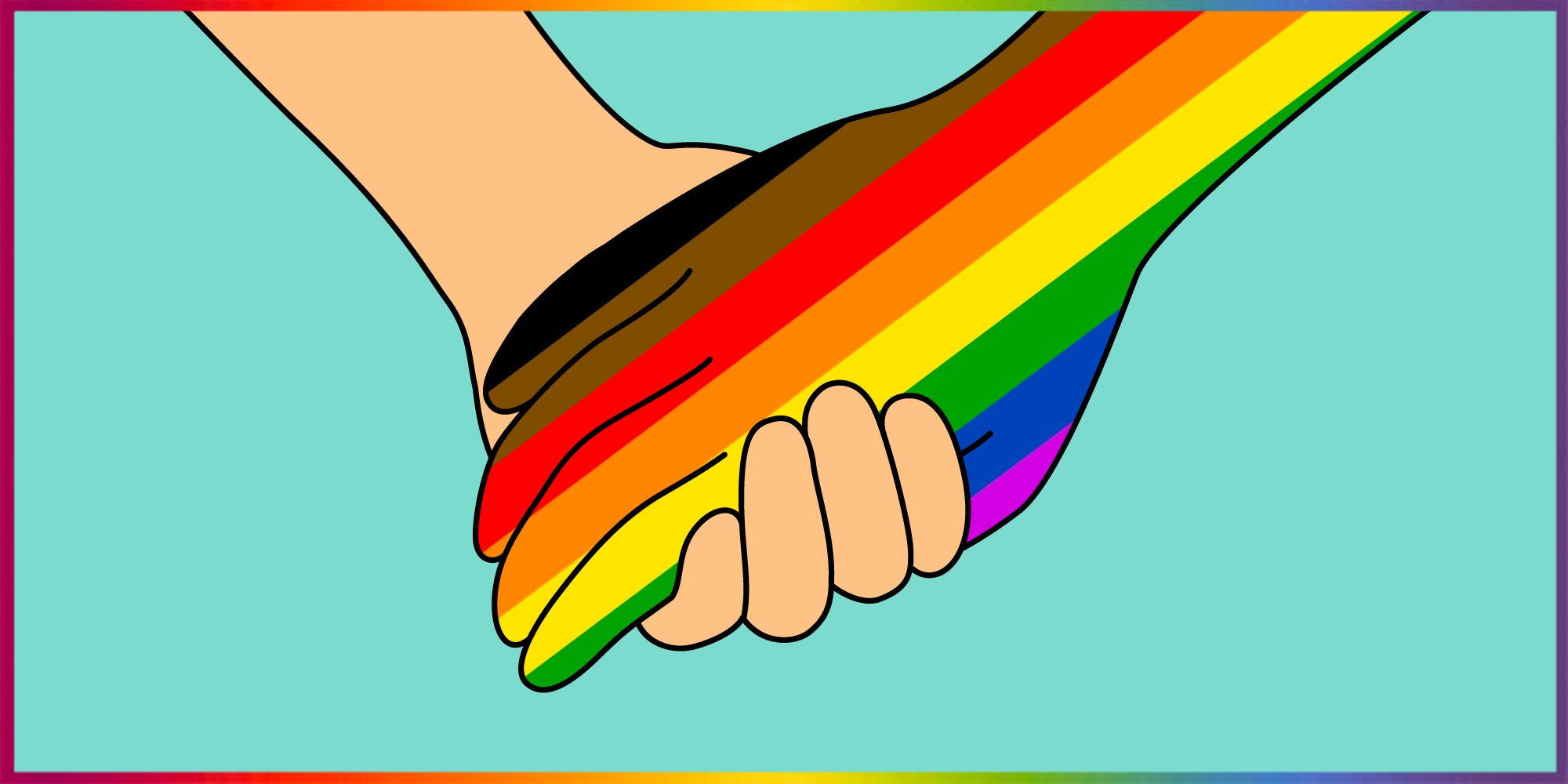The quest for racial justice is an intricate and multifaceted endeavor, deeply entrenched in the principles of equality and unity that characterize the Bahá’í Faith. How does one transition from being merely an ally to actively engaging as an accomplice in the fight against racial injustice? This question presents a pivotal shift in mindset: to move beyond passive support to dynamic action. Such a transformation is not only desirable but necessary to foster a more just society. The Bahá’í teachings provide a comprehensive framework that can inform and inspire this journey.
At the heart of Bahá’í teachings lies the principle of the oneness of humanity, which posits that all individuals, regardless of race, are fundamentally equal. This concept undergirds the call to action—a call that implores followers to recognize the injustices prevalent in society and to actively work to dismantle systemic racism. The spiritual teachings emphasize that engaging in acts of advocacy transcends mere acknowledgment; it requires a concerted effort to align one’s actions with the principles of justice and equality.
The transition from ally to accomplice involves several key stages, each of which is deeply informed by Bahá’í teachings. The first stage is self-reflection. Individuals must examine their own beliefs and biases, acknowledging any ingrained prejudices that have been perpetuated by societal norms. This introspection should include a critical analysis of the privileges one may hold, recognizing that such privileges can obscure the experiences of marginalized communities. The Bahá’í Faith encourages this process through the lens of humility and active consultation, positing that understanding one’s own position in the socio-political landscape is imperative for genuine allyship.
Once a foundation of self-awareness is established, the next step is education. The Bahá’í teachings advocate for the pursuit of knowledge as a lifelong endeavor. Individuals must engage with the histories, cultures, and struggles of those who have been historically oppressed. This entails not just reading about these experiences but seeking out conversations that illuminate the lived realities of marginalized individuals. It requires listening with empathy and striving to understand the nuances of racial injustice. Combating ignorance is, thus, critical in the journey from allyship to accompliceship.
Following education, engagement becomes the crux of true advocacy. Bahá’í teachings promote action that is grounded in love and compassion, urging individuals to actively participate in initiatives aimed at promoting racial equity. This action may manifest in various forms—supporting local organizations that champion civil rights, participating in community dialogues, or promoting policies that dismantle institutional racism. However, this stage also poses challenges; the risk of burnout or feeling overwhelmed by the enormity of the task may arise. Sustaining motivation is integral, and the Bahá’í community advocates for collaborative efforts, fostering a spirit of teamwork that alleviates the burden of solitary struggle.
Moreover, the principle of justice within Bahá’í teachings emphasizes the necessity of accountability. To become an accomplice, one must not only advocate for change but also be willing to hold oneself and others accountable for actions that perpetuate injustice. This includes challenging discriminatory practices and addressing microaggressions in everyday interactions. The Bahá’í faith teaches that justice is inseparable from love; therefore, acts of accountability should be approached with a spirit of compassion, ensuring that the aim remains constructive rather than punitive.
Additionally, the role of community cannot be overlooked in this evolution from ally to accomplice. Within the Bahá’í community, collective action is a vital component of any initiative. Engaging in community-based projects not only enhances the impact of advocacy efforts but also builds solidarity among diverse groups. The collaborative nature of this approach serves as a microcosm of the greater societal change that is sought—a preview of what a united and equitable society could indeed look like. In this way, each individual’s contribution becomes indispensable, reinforcing the idea that collective action is essential for lasting change.
As one delves deeper into advocacy, the distinction between ally and accomplice becomes increasingly pronounced. An accomplice is not merely present in moments of activism but actively seeks to disrupt systems of oppression. The Bahá’í teachings encourage individuals to take risks in their advocacy, acknowledging that sometimes, one must step outside of comfort zones to effect meaningful change. Such willingness fosters a culture of courage, inspiring others to join the movement for racial justice.
In conclusion, the transition from ally to accomplice in the context of racial justice advocacy presents both profound opportunities and significant challenges. The Bahá’í teachings offer a rich tapestry of principles—oneness of humanity, justice, love, education, and community engagement—that illuminate the path toward deeper involvement in the pursuit of racial equity. This journey demands sincere reflection, intentional action, and an unwavering commitment to the principles of justice and compassion. Ultimately, embracing this transformative process not only enhances individual growth but also contributes fundamentally to the collective aspiration for a just and unified world.
